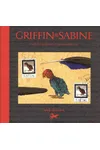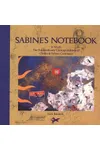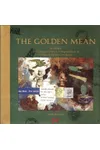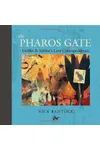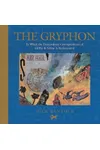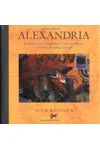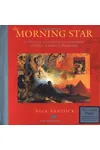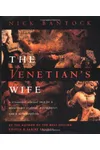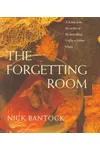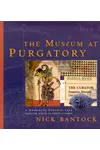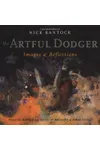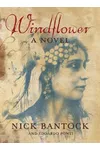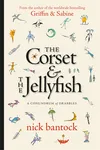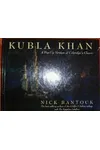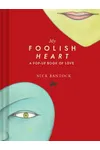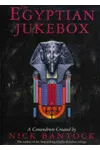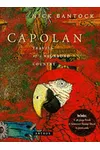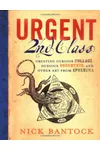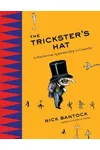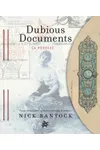Picture a British storyteller who turned letters and postcards into a global sensation—meet Nick Bantock! Born on July 14, 1949, this artist-author redefined storytelling with his Griffin and Sabine series, blending vivid visuals and epistolary magic. With over 5 million books sold worldwide, Bantock’s work invites readers into whimsical, mysterious worlds.
From his early days in England to his creative haven on Saltspring Island, British Columbia, Bantock’s journey is as colorful as his art. His unique style, combining collage, faux postage stamps, and handwritten notes, has captivated readers across 13 languages. Let’s dive into the life and legacy of this Renaissance chameleon!
The Making of Nick Bantock
Nick Bantock grew up in the northeast suburbs of London, where his imagination flourished despite a traditional English schooling. With a BA in Fine Art from an art college in Maidstone, Kent, he launched a career as a freelance artist at 23, designing over 300 book covers for authors like Philip Roth and John Updike. In 1988, he moved to Vancouver, settling on Bowen Island, where the seed for Griffin and Sabine sprouted. His diverse experiences, from working in a London betting shop to training as a psychotherapist, shaped his eclectic storytelling.
Nick Bantock’s Unforgettable Stories
Bantock’s Griffin and Sabine series, starting with Griffin & Sabine: An Extraordinary Correspondence in 1991, is his crowning achievement. This epistolary tale follows London artist Griffin Moss and mysterious islander Sabine Strohem through letters and postcards, complete with removable envelopes. Its sequels, Sabine’s Notebook and The Golden Mean, earned spots on the New York Times bestseller list, with the first book lingering for over two years. The series’ second trilogy, beginning with The Gryphon, continued the saga’s allure.
Beyond Griffin and Sabine, Bantock’s The Museum at Purgatory imagines a fantastical archive in a mythical realm, showcasing his love for surreal narratives. The Venetian’s Wife blends Renaissance exploration with modern tech, while The Trickster’s Hat offers creative exercises inspired by his workshops. His style—rich with collages, faux documents, and poetic prose—feels like opening a treasure chest of secrets.
Bantock’s versatility shines in his non-literary work too. He won a BAFTA for the CD-ROM game Ceremony of Innocence, created with Peter Gabriel’s Real World, and illustrated Viking Penguin’s Canterbury Tales. His art, from paintings to sculptures, has been exhibited across the UK, France, and North America.
Why Nick Bantock Matters
Nick Bantock revolutionized storytelling by merging visual art and narrative, making readers active participants in his worlds. His Griffin and Sabine series inspired a new genre of interactive literature, influencing artists and writers to experiment with form. Named one of the century’s top 85 storytellers by Weird Tales, Bantock’s impact spans books, theater, and digital media, with his play adaptation of Griffin and Sabine premiering in Vancouver in 2006.
His legacy lies in his ability to blur boundaries—between art and story, reality and fantasy. By inviting readers to peel back layers of ephemera, Bantock fosters a sense of discovery that resonates globally, with fans cherishing his work’s tactile, immersive charm.
About Nick Bantock
- Born: July 14, 1949, in England
- Key Works: Griffin & Sabine, The Museum at Purgatory, The Trickster’s Hat
- Awards: BAFTA for Ceremony of Innocence, Bill Duthie Bookseller’s Choice Award
- Fun Fact: Designed Canada’s postage stamps from 2007 to 2010
Ready to lose yourself in a world of letters and art? Snag Griffin & Sabine and dive into Nick Bantock’s enchanting universe!
